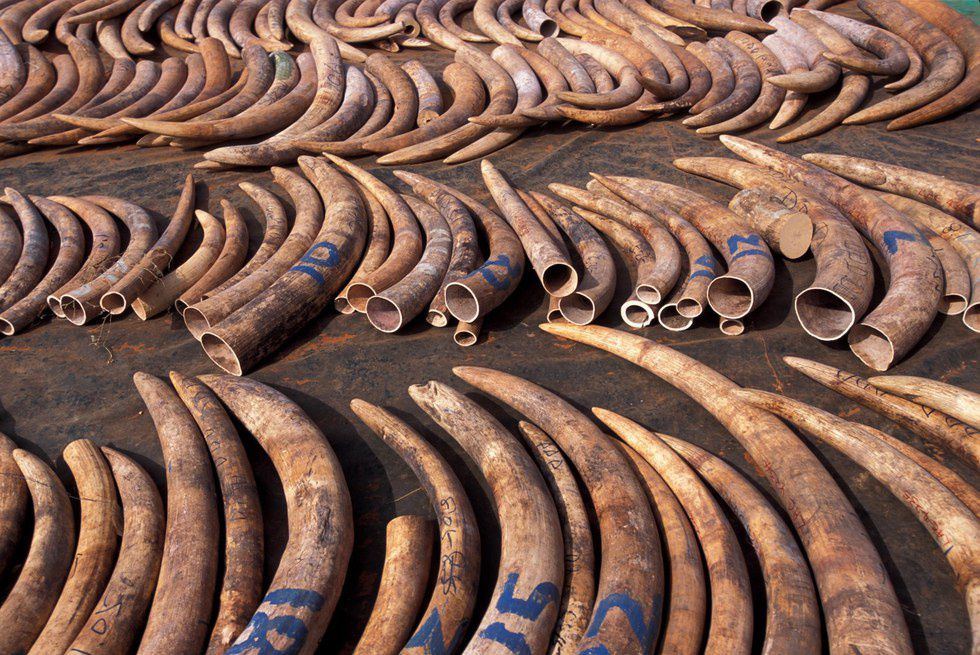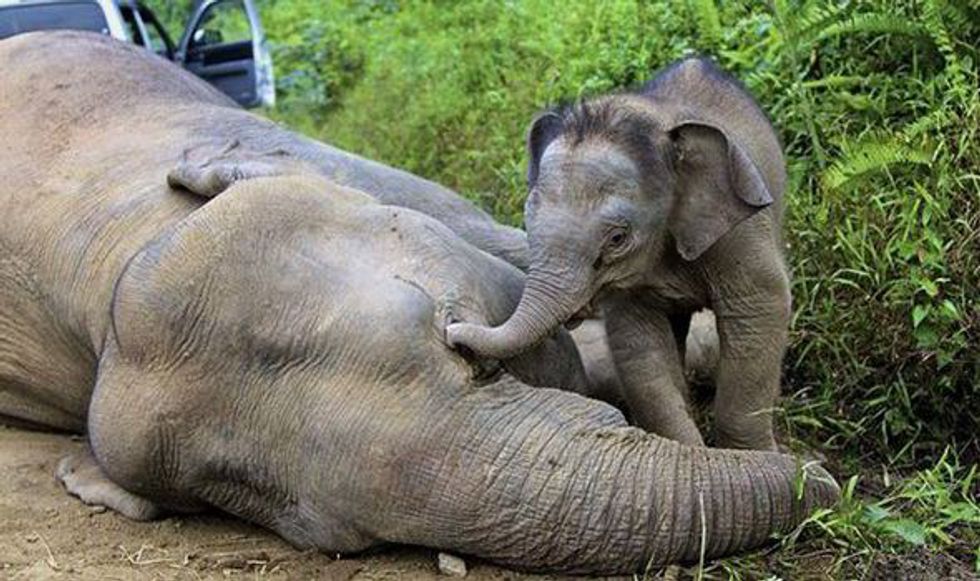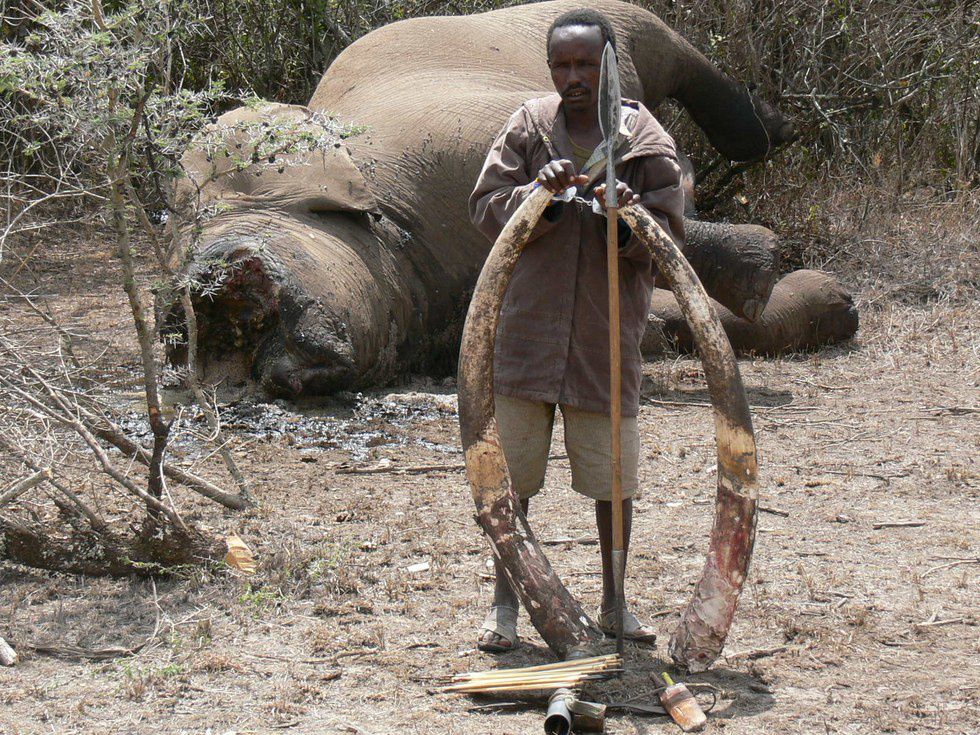There are thousands of charities and non-profit organizations in the world that are constantly asking for more donations and funding to support their causes. However, how often do we put as much thought as we do money into the causes that we are helping?
Some of us might just donate to a charity to feel good about ourselves, to do our one good deed for the day. How much better would we feel, though, if we went the extra mile and put a little more effort into the cause? When was the last time you thought deeply about the people or causes your money is helping, or even did a little research into how you can help more?
These are things that I never did when donating to a fund, before one stuck out to me as something I was truly interested in. It involved my favorite animal — the elephant.
As I purchased an Ivory Ella shirt online, I wondered what the story was behind the cute coral long sleeve t-shirt and what my donation would do to help save the elephants.
Before this, my love for the creatures mostly stemmed from the trendy elephant print clothes and adorable pictures of baby elephants at the beach. However, once I did my research on the Save the Elephants foundation and discovered more of the horrors that so many elephants endure daily, my love and admiration for them grew.
The ivory trade is a big moneymaker in the black market. On average, poachers kill about 100 innocent elephants in Asia and Africa every day for their valuable ivory tusks, according to studies completed by animal rights groups.
At the turn of the 20th century, the elephant population was still booming with a few million African elephants and about 100,000 Asian elephants. Now, these numbers have dwindled and they are endangered species. According to WWF Global, the demand for the ivory rose greatly in the early 1970s, and over 80 percent of the illegally traded ivory came from poached elephants. Then finally, in 1989, the international trade of ivory was banned by CITES (Convention on International Trade in Endangered Species).
Of course, this ban has done little to stop the poachers from illegally slaughtering the animals to obtain their ivory. The poachers are very skilled in what they do. They are able to perform and get away with mass slaughters of elephants, such as the one in 2012 in Bouba Ndjidah National Park in Cameroon. And they are rarely persecuted for their illegal acts.
An article written for World Elephant Day notes that baby elephants are often orphaned because of the illegal poaching. Larger tusks are desirable, so the bull elephants are targeted first and the females may soon follow, leaving a baby elephant to fend for itself.
You may be wondering what could be done to help these animals that are halfway around the world. The first step would be to spread the word about what these majestic and kind-natured creatures are going through. There are many foundations involved in attempts to stop the disappearance of the elephant population. The African Elephant Initiative, for example, has five strategies in place to put a stop to the poaching crisis.
You may think that you have little hand in the future of the elephants, but talking about the cause goes a long way. Get educated in the ivory trade and how it is affecting the elephant population. Become an active part in saving the elephants, before it is too late.










































